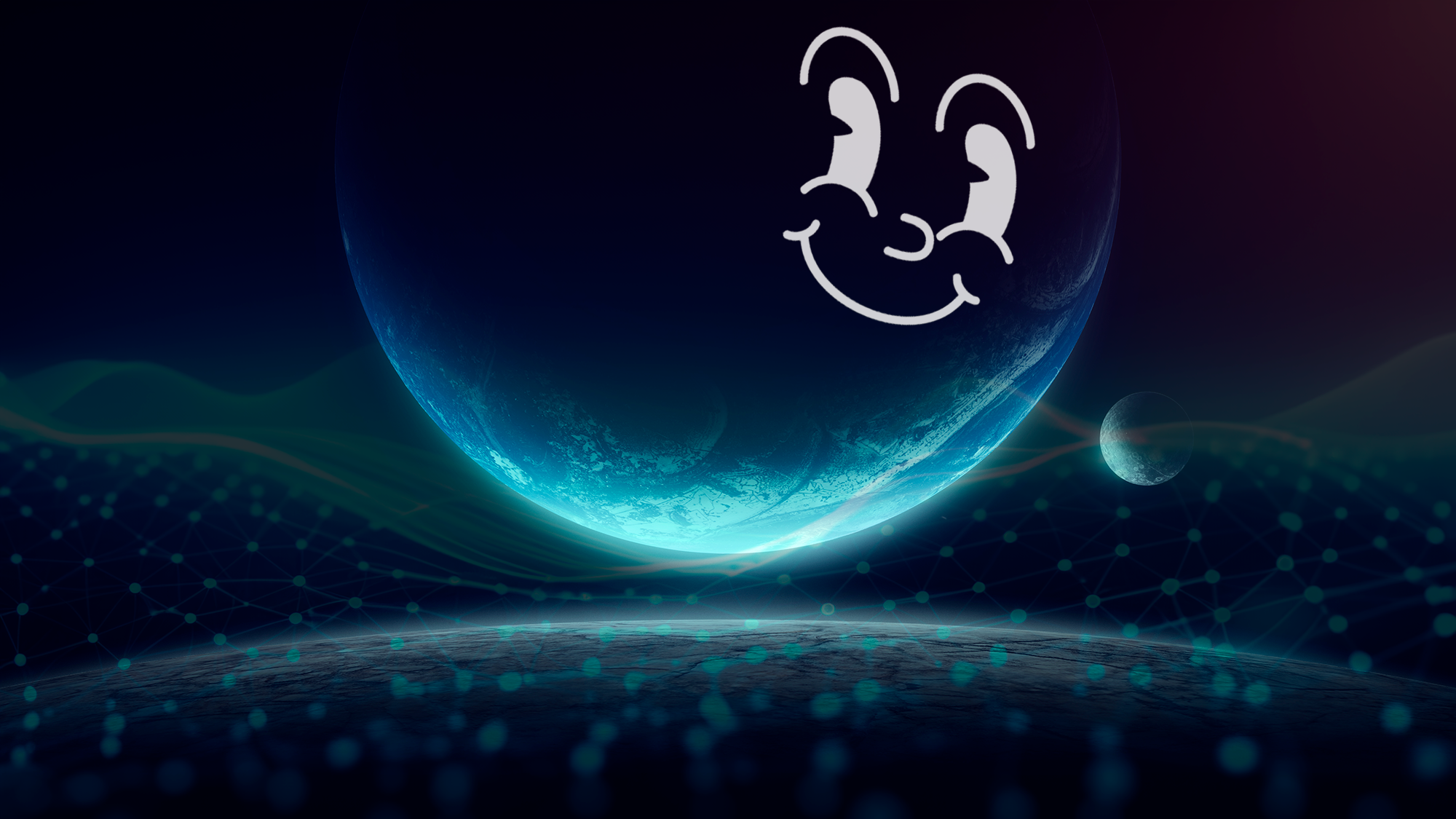The New World with Generative AI: Empowering and Challenging Creative Professionals
Generative AI is revolutionizing creativity, offering new possibilities and efficiency for professionals. Yet, it brings unique ethical challenges to the creative process. Explore this balance in our deep dive.

In recent years, generative artificial intelligence (AI) has increasingly gained prominence as a catalyst for revolutionizing the work of creative professionals. With the ability to automate tasks, generate novel ideas, and formulate solutions, this technology offers immense potential. However, its application demands a shift in how we approach the creative process and prompts us to confront unique ethical challenges. This article aims to delve into the complex landscape emerging alongside generative AI, discussing the opportunities, obstacles, and the responsible use of this technology in the creative sphere.
The Advent of Generative AI and its Implications on the Creative Process
Generative AI refers to a class of algorithms and data-driven technologies that are designed to create new concepts and facilitate innovation. Examples of its application encompass the GPTs of the world, image generators, natural language processors, and emerging virtual assistants. While offering the opportunity to explore uncharted territories of creativity, generative AI also poses ethical questions that must be addressed in order to capitalize on its full potential. An over-reliance on automation might lead to a disconnection between creations and their creators, emphasizing the importance of striking a balance between embracing these advancements while maintaining human integrity.
Unleashing Untapped Creativity & Human Potential
We need to pause and reflect on this moment in history. For a long time, mankind as been looking for ways to express themselves. Within our lifetimes, we may be able to interact with a system that will allow us to directly output our imaginations into reality. It's a phenomenial potential and we're only beginning to see it's birth and outputs.
As intelligent systems continue to evolve, creative professionals encounter tools that streamline their work, offering unprecedented efficiencies. The amalgamation of generative AI with traditional creative methods breaks the boundaries of imagination and invites us to ponder over the ethical implications of using these newfound technologies. This symbiotic relationship presents both opportunities and challenges, necessitating a responsible and ethical approach when integrating generative AI into the creative process.
Unfortunately, there's a chance for some creatives to lose their jobs - especially those in what could be considered "line creative jobs" - script writers, asset creators, and junior graphic designers. However those in more senior roles will find themselves with more tools than they could possibly imagine - if those in senior roles are unable to fulfill the imaginative role they now embody, they will be replaced not by an AI but a much more imaginative human. Revolutions are already taking place at creative organziations.
Exploring Creative Horizons and the Boundaries of Ethics & Philosophy
Generative AI is propelling the creative process into a new era by streamlining tedious tasks, allowing artists to focus on pioneering areas of creativity. The ethical considerations, however, must not be overlooked. Technologies that raise questions regarding privacy, copyright, and data protection require creators to understand their rights and responsibilities while utilizing generative tools. Responsible AI use and adherence to ethical guidelines can help ensure the integrity and protection of artistic work while ultimately fostering a more innovative and resourceful environment. Legal experts cite two Google cases as the foundations for the “fair use” argument - an argument that many in the legal and creative fields believe will work. Time will tell once it’s finally ruled by the courts.
The ontological and epistemological dimensions of AI present a fascinating debate about the authenticity and significance of the artifacts generated by these systems. From an ontological perspective, AI's creations are, in essence, a series of mathematical computations derived from patterns detected in vast amounts of data. Consequently, one might argue that these outputs should not be considered "real," as they lack the subjective, emotive experiences and intentions that underpin the human creative process. Furthermore, from an epistemological standpoint, AI-generated artifacts may provide limited insight into the deeper meanings and complexities of human understanding. As such creations are grounded solely in the modeling and replication of existing data, its mimicry falls short of embodying genuine human emotions, intuitions, and cultural contexts that characterize true artistic and intellectual endeavors. Thus, it is essential to critically evaluate the ontological and epistemological claims of generative AI, recognizing that while we may possess the technological capability to create seemingly authentic facsimiles, the essence of what truly constitutes "reality" may remain a uniquely human purview.
Becoming Multi-Faceted Creative Professionals in a Technologically Charged World
Today's creative professionals need to embrace the rapid developments in generative AI while remaining grounded in the core of their work. In a world of vast technological resources, creative individuals can harness these innovations to become multi-faceted professionals. By embracing various tools tailored for artistry and remaining ethically conscious, creative professionals can foster a landscape that encourages imaginative exploration while staying true to essential human values. Exploring “unprocessed” art is now even more important. An AI trained on all of human art will never truly know all of the art in existance as new art is being dreamed up and created every day. Exploring and combining artforms is a task exclusively available to humans - a clearly joyful, difficult, and celebrated occupation.
Harnessing the Power of Generative AI Responsibly for Positive Outcomes
Generative AI, although transformative, must be wielded responsibly to ensure the creative world reaps its full benefits. By acknowledging ethical implications, protecting data, and consolidating human values, generative AI can be incorporated into the creative process productively. This awareness and mindful utilization of technology can result in high-quality artistic creations while empowering professionals to surge ahead in their creative pursuits. Imagine giving Da Vinci 100 helpers to assist him with various tasks - how much more art would we have gotten out of him? Quality be damned (for a second), just imagine the volume in output.
Beginning The Creative Odyssey with Generative AI
Embracing generative AI empowers the creative community to navigate uncharted territories while ensuring core values, human integrity, and data protection are maintained. Being cognizant of ethical implications and employing responsible use, artists can harness the transformative power of generative AI and explore the infinite possibilities of a boundless creative journey.
It's a brave new world for creative professionals, as generative AI is rapidly changing the way we create. From automated photo editing to natural language processing and beyond, this technology promises to revolutionize how creatives work - and live! As exciting as these advancements are, they also bring with them some unique challenges that must be addressed in order for us to truly capitalize on their potential. In this article, we'll explore what it means to be a creative professional living in an age of generative AI - from the opportunities it provides to the obstacles it presents. We'll look at how these technologies can help us create more powerful works of art than ever before, while also discussing ways in which we can use them responsibly and ethically. By understanding both sides of the equation, we can ensure that our journey into this new era is one filled with positive outcomes for all involved.

